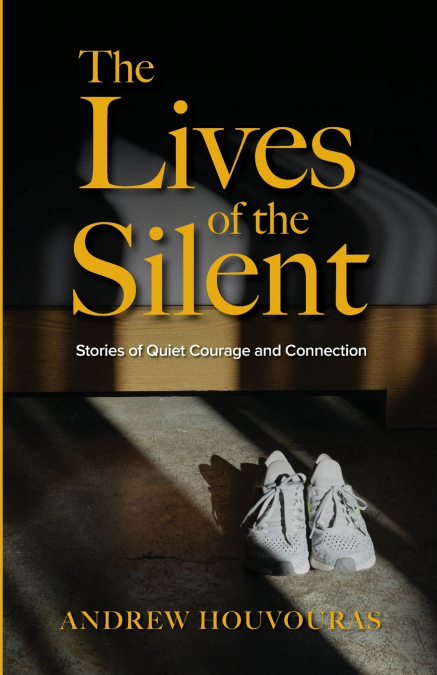
Andrew Houvouras
People with limited speaking abilities have long been overlooked by society. This book gives voice to some of their stories-serving as a tribute to their resilience, humanity, and the lessons they quietly teach us.The silent-those with limited abilities to communicate-have historically lived on the margins. For many, institutions or residential treatment centers were the only homes they knew. Their struggles and triumphs were often unseen, undocumented, and misunderstood. But their lives are deeply meaningful, and their stories deserve to be told.In The Lives of the Silent, Andrew Houvouras shares firsthand accounts of individuals whose presence transformed his understanding of disabilities, dignity, and the power of client-centered care. These stories are more than case studies-they’re moments of connection, heartbreak, growth, and joy. They reveal how behavior, even without words, can communicate truths more deeply than language ever could.Among his many mentors, it was the silent who taught him the most. Though they could not write or speak their experiences aloud, they left a lasting imprint. Their lessons helped shape who he became-not just as a professional, but as a person. Through this book, their memories live on.One such individual was Artie, an 81-year-old man in a group home. Small in stature, hunched, and toothless due to past institutional cruelty, Artie shuffled through life with quiet persistence. His story, like so many others in this book, reflects a history shaped not by inability, but by the systems that failed to hear.As Thomas Freeman, MS, BCBA, writes: 'Contained within these pages are not just the lives of 15 of the silent, kept hidden in the shadows of society and held within the loneliness of their own isolation until they could finally emerge through the love and care of others. These are the stories of us all.'Dr. Amy Tanner adds: 'This book is a rare gift-heartfelt, beautifully written, and a powerful reminder of how much we have to learn from the autistic voices that too often go unheard.'